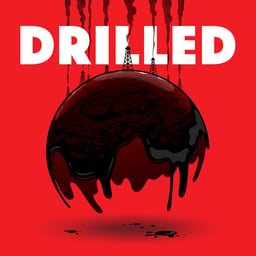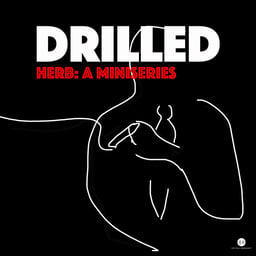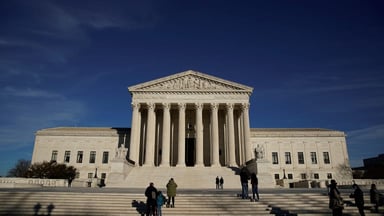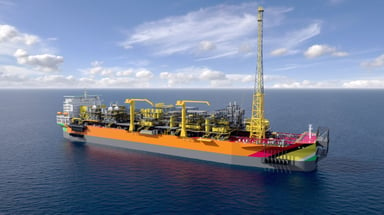About
The term “information pollution” was coined by journalist and Drilled founder Amy Westervelt to describe the fossil fuel industry’s approach to the information ecosystem, an approach that goes far beyond simply “disinformation,” which Westervelt describes as just the most visible symptom of this problem. In this context “information pollution” is defined as: The intentional warping of information ecosystems by corporate interests, such that everything from the basic building blocks of information—university research, surveys, white papers—to public-facing campaigns crafted by PR and advertising experts are driven by a profit or power motive as opposed to the desire to understand and communicate.
The fossil fuel industry saw the benefit of shaping and leveraging the information ecosystem early on. It was one of the first major users of PR in the U.S. and it continues to spend more than most other industries. Similarly, fossil fuel companies saw the value of investing in university research as a way to shape policy as early as the 1920s. Despite the billions of dollars it’s spent on PR, research, and other information pollution strategies over the years, the industry and its favorite firms are not exactly innovative. They come back to the same five key narratives over and over again, leaning on whichever plays best at any particular point in time:




Denial to Delay: How Fossil-Funded University Research Lays the Foundation for Fossil-Friendly Policy
Molly Taft talks us through newly released reports on fossil fuel funding of university research, and share interviews with climate disinformation researcher Geoffrey Supran, who authored one of the recent studies, and with philosopher of science Craig Callender at UCSD, which just passed a precedent-setting policy to require disclosure of funding on research.
Molly Taft talks us through newly released reports on fossil fuel funding of university research, and share interviews with climate disinformation researcher Geoffrey Supran, who authored one of the recent studies, and with philosopher of science Craig Callender at UCSD, which just passed a precedent-setting policy to require disclosure of funding on research.


S9, Ep3 | The Next Citizens United Will Be a Climate Case
Big Oil is still trying to expand corporate free speech rights.
Big Oil is still trying to expand corporate free speech rights.


S9, Ep2 | A Legal Strategy
Herb realizes it’s not enough just to defend corporate free speech in the court of public opinion.
Herb realizes it’s not enough just to defend corporate free speech in the court of public opinion.


S3, Ep6 | Manipulating the Masses and Predicting the Future—Edward Bernays and W. Howard Chase
From propaganda to PR to issues management.
From propaganda to PR to issues management.


S3, Ep7 | John Hill and the Tobacco-Oil-Plastic Triangle
The science denial king.
The science denial king.


S3, Ep8 | Meet The Harrisons
The godparents of greenwashing.
The godparents of greenwashing.


S3, Ep2 | The Oil-Nazi-Propaganda Triangle
The American PR men who advised Hitler.
The American PR men who advised Hitler.


S3, Ep4 | Oil Slick, Part 1—The Rise of the Corporate Persona
Mobil’s PR guy, Herb Schmertz, takes a whole new approach.
Mobil’s PR guy, Herb Schmertz, takes a whole new approach.


S3, Ep5 | Oil Slick, Part 2—False Equivalence and Free Speech
Schmertz and the art of “creative confrontation.”
Schmertz and the art of “creative confrontation.”


S3, Ep1 | The Father of Public Relations
Standard Oil and the first modern PR guy.
Standard Oil and the first modern PR guy.


S9, Ep1 | The Panic
When broadcast news stations stand up to Mobil Oil, the company realizes it needs to go to bat for corporate free speech rights.
When broadcast news stations stand up to Mobil Oil, the company realizes it needs to go to bat for corporate free speech rights.





